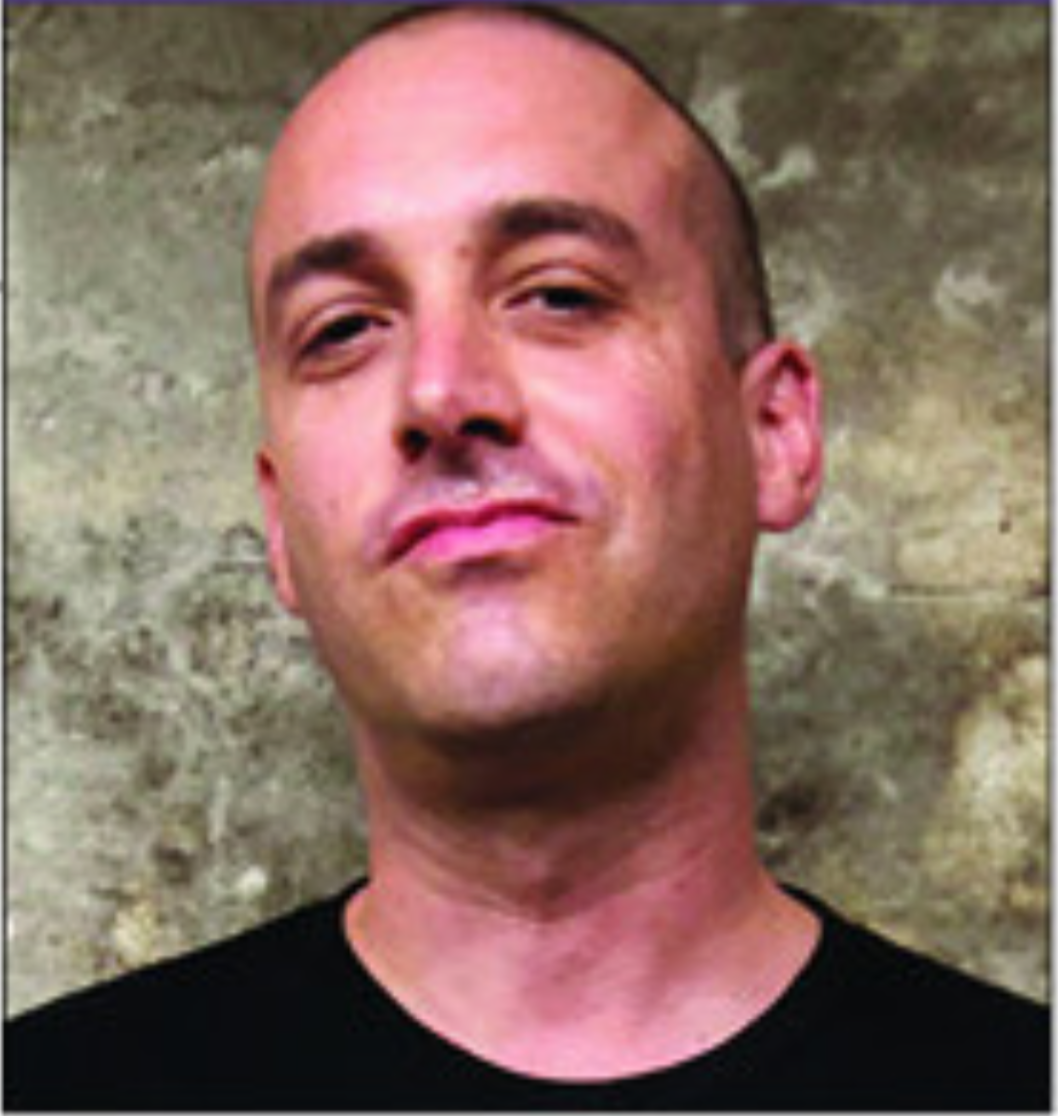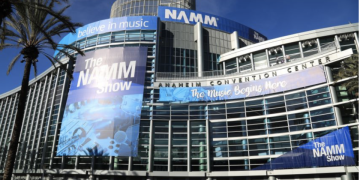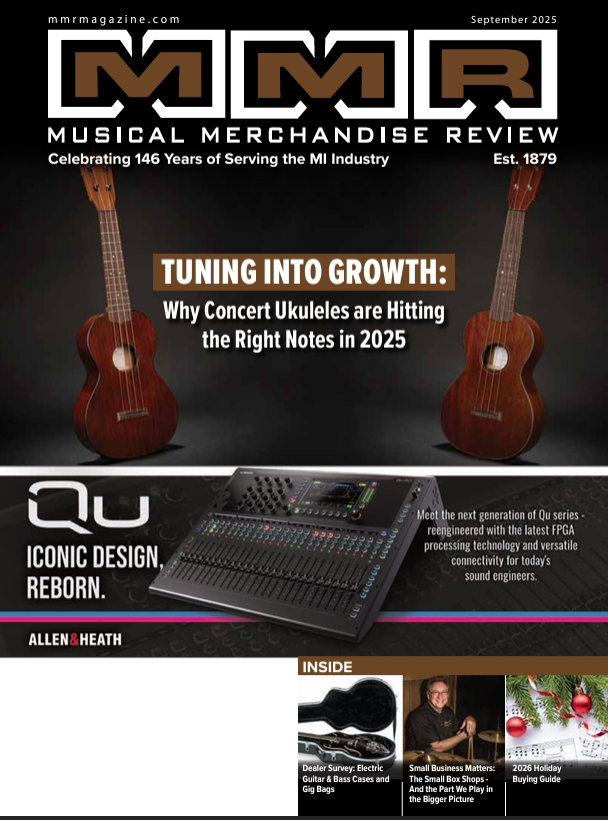 Wherever there is political agitation, you’ll find music reflecting and reacting to that fact.
Wherever there is political agitation, you’ll find music reflecting and reacting to that fact.
Be it Pussy Riot, Green Day, Bob Marley, Woody Guthrie, or Billy Bragg, musicians of all varieties express their thoughts on the issues of the day. Heck, Verdi and Beethoven wrote “political” pieces and it’s a safe bet that as long as there has been music, there have been songs mirroring the human condition.
But it’s not just a song’s lyrical and musical content which can serve as a social statement – the refusal to let a movement or individual associate themselves with a piece of music can be equally impactful.
Ever since I was old enough to be at least somewhat aware of significant political campaigns in America, I’ve watched as artists have pushed back against candidates using their music as themes or as entrance or exit music at rallies – it’s become something of a predictable sideshow: Who’s going to “forbid” use of their song in this election year?
Bruce Springsteen objected to Ronald Reagan’s appropriation of the then-brand-new “Born in the U.S.A.” for the latter’s 1984 re-election campaign (though Reagan still referenced the rocker in stump speeches, prompting The Boss to publically speak out against the President). Four years later, a cappella musician and noted earworm-creator Bobby McFerrin asked George H. Bush to stop using “Don’t Worry, Be Happy” as his presidential campaign theme. Since then, the likes of Isaac Hayes, Sting, Boston, Jackson Browne, Foo Fighters, Tom Petty, and many others have all had similar run-ins with politicians.
An interesting – though perhaps predictable – side-note: the only instance that I can recall of a major Democratic candidate being asked to cease use of a song as part of campaign appearances was when Sam Moore objected to Barack Obama playing “Hold On, I’m Comin” at rallies. (If MMR readers are aware of any other examples, please write in!)
As anyone with eyes, ears, and some type of connection to the outside world is aware, we’re in the middle of yet another – and quite possibly the strangest, ever – presidential election cycle and, once again, popular music is playing a high profile role.
Last summer, Neil Young took issue with Donald Trump playing “Rockin’ in the Free World” at the kickoff event for the Trump campaign. “I do not trust politicians… I trust people,” explained the veteran rocker. But just as hardly any (if, indeed, any) of the traditionally in-place rules hold for any aspect of the Trump campaign, that wasn’t the end of it. No fewer than five additional (as of this writing) major artists have told “The Donald” to stop playing their songs – The Rolling Stones, Adele, Twisted Sister, Steven Tyler/Aerosmith, and R.E.M.
None of the above is meant to assert a preference for any political ideology or any specific candidate, past or present. That politicians want so badly to associate themselves with specific songs, and that certain artists care so passionately about what campaigns their art is, or is not, connected to is just another indicator of how powerful music can be.
Whether you make, sell, or service musical instruments and related gear, you’re putting essential tools into the hands of men and women who create the soundtrack to our societal narrative. Whatever your own political affiliation, that’s pretty cool!


























